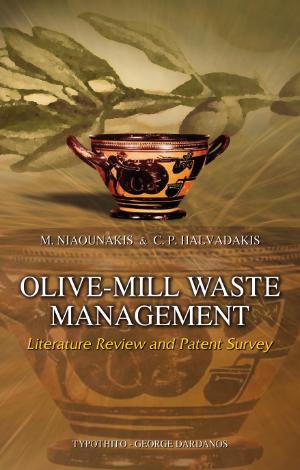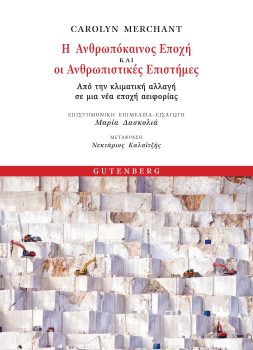Olive-Mill Waste Management
€9,95
Olive-mill wastewater is generally recognized as an environmentally troublesome by-product of the olive oil industry as its disposal without any treatment is known to cause serious environmental problems, especially in the Mediterranean area where about 97% of the world’s annual olive oil is produced. In spite of all the efforts made during the last 50 years to alleviate the environmentally adverse impact of this waste no solution has yet been found, which is technically feasible, economically viable and socially acceptable.
The focus of the present study is to evaluate the existing technologies and to develop environmental criteria for reusing and/or disposing olive-mill wastes in general and wastewater in particular. The prior art is critically and extensively reviewed -more than 1000 references are cited and commented upon.
This is the first comprehensive review to appear on the subject of olive-mill wastewater. A few earlier reviews can be found in the literature, but these are mostly partial in scope and outdated. This is quite surprising given the environmental impact of this waste. It is hoped that the present review will increase public awareness and further provide a valuable information resource for olive oil producers, researchers and policy makers dealing with the problem of olive-mill wastes.
Foreword
Introduction
Characterization of olive-mill waste
Environmental effects
The effect of olive-mill technology
Physical processes
Thermal processes
Physico-chemical processes
Biological processes
Combined and miscellaneous processes
Uses
Supplement: Olive-mills in the north Aegean region








